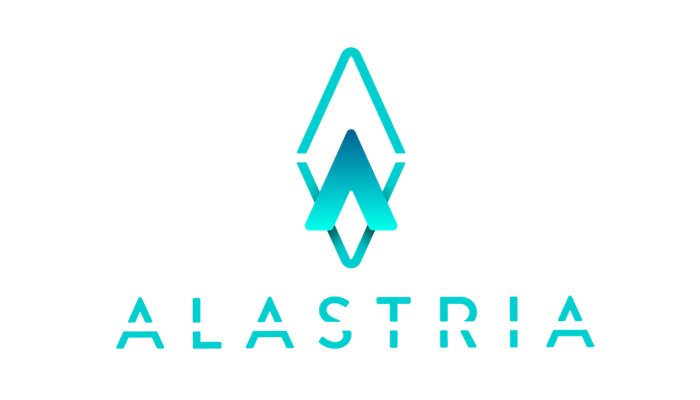Country: Spain
Organisation: CONSORCIO RED ALASTRIA
Website: Alastria.io
Twitter: @Alastria_
Aligned with the European Directive 2014/92/EU of the European Parliament and of the Council of 23 July 2014, Member States have the obligation to provide even basic financial services to people at risk of social exclusion. DID4BasicS proposes to mass adopt a Blockchain-based solution for the benefit of that collective, with a relevant player like Alastria, the Spain-based Blockchain-promoting ecosystem.
Under that scope four are the main terms to address the rights of the collective at risk of exclusion:
- legal assistance; electric energy consumption;
- thermal social bonds (a.k.a. Warm Home Discount Scheme);
- and, access to a basic bank account (for instance, the charter of fundamental rights of the European Union, states that every European citizen has the right to have a basic payment bank account).
Therefore, DID4BasicS aims to facilitate access to such basic services based on Blockchain and DID (Decentralized IDentity) to the collective at risk of exclusion. Specifically, this collective must meet one of these characteristics:
- being residing in any MS of the European Union (a fixed address is not mandatory);
- having requested asylum; and,
- despite not having a residence permit, being not eligible to be expelled (for legal or de facto reasons).
For that people, they will be considered in risk of financial exclusion if their annual income doesn’t overcome a minimum. Just for illustrative purpose, and considering the IPREM (Indicador Público de Renta de Efectos Múltiples or Public Indicator of Multiple Effects Income) as a key indicator, in Spain the figures are as follow:
- 2 times the IPREM (12.908,06€ per year in 2019) for people not included in any family unit;
- 2,5 times the IPREM (16.135,07€ per year in 2019) for people integrated into a family unit of less than 4 members;
- 3 times the IPREM (19.362,09€ per year in 2019) for people who are members of a family unit of 4 or more or who have the status of a large family, or in the case of family units that have a person with a degree of disability equal to, or greater than, 33% officially recognized.
The way this right is granted today is as follows: people get the certificate of belonging to this collective when they come to their local Social Services office. Then, they can get bonds for legal, energy and/or bank services, presenting their physical certificate (document) to the respective providers.
What DID4BasicS proposes is to make the process much easier for users. Just with a smartphone, they will be able to get their online certificates from Social Services and to receive bonds and free services from any company adhered to the initiative. That will be possible thanks to the creation of a decentralized identity with the needed attributes, aligned to the SSI (Self-Sovereign Identity) paradigm, therefore giving the ownership of the data to the users. In that situation, users can enable customized permissions to let companies access or not to their attributes, just by controlling the whole process from their smartphones.


